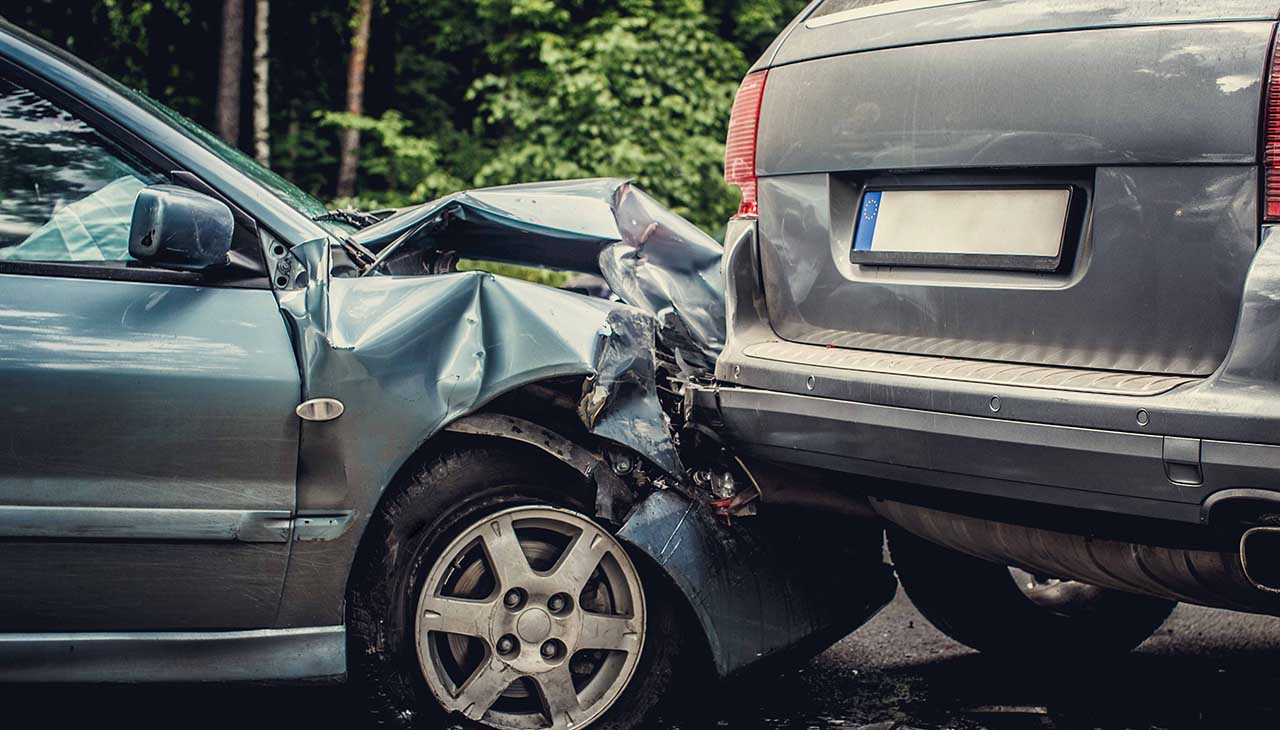An auto accident can be a disorienting and chaotic experience, but the actions you take immediately afterward are crucial for your safety, the safety of others, and the legal and insurance processes that will follow. Understanding the essential steps to take in the wake of an accident can help protect your interests and prepare you for potential claims. Here are the 5 key steps you should follow if you find yourself in such an unfortunate situation.
Ensure Safety and Call for Help
After a vehicle accident, immediately check yourself and others for injuries. If you’re not seriously injured, assist others if it’s safe to do so. Always prioritize safety and avoid moving anyone with severe injuries unless there is an immediate danger, such as fire. If there are any doubts about the condition of anyone involved, call 911 or your local emergency number. Emergency services can provide critical instructions and dispatch medical help as well as law enforcement to the accident scene. Remember, even if injuries are not apparent, it’s important to have medical professionals assess everyone involved; some injuries may not be immediately noticeable.
Exchange Information
Once you’ve ensured everyone’s safety and emergency services are on the way, it’s vital to exchange contact and insurance information with the other party involved in the accident. This should include full names, phone numbers, addresses, driver’s license numbers, license plate numbers, and insurance companies along with their policy numbers. It’s advisable to stay calm and courteous during this process to avoid any additional conflict. If there are witnesses who saw the accident occur, try to get their contact information as well, as their accounts may be important in supporting insurance claims and legal actions. Remember to never admit fault or make statements that could be used against you in future proceedings; simply focus on gathering the essential information.
Document the Scene
In the aftermath of an accident, it’s imperative to meticulously document the scene. Take photographs from various angles of all vehicles involved, capturing any damage sustained, as well as pictures of the surroundings that may have contributed to the accident, such as obstructed traffic signs or road conditions. Be thorough in collecting visual evidence, and make sure to also note the date, time, and exact location of the incident. Additionally, record the weather conditions at the time, as these can be a determining factor in understanding how the accident occurred. All this information will be helpful when you file an insurance claim and may be critical if there are legal proceedings.
Report the Accident
It’s crucial to notify your insurance company about the accident as soon as possible. Follow the reporting requirements outlined in your policy to the letter. Most policies require a prompt account of the accident’s details, which helps ensure that the claim process proceeds smoothly. Provide your insurer with all the relevant information and evidence you’ve gathered, including the date, time, and location, photos of the accident scene, and the contact and insurance details of all parties involved. Failure to report the accident in a timely and accurate manner might affect the outcome of the claims process. Additionally, the insurance company can guide you through the next steps, which may include arranging for a vehicle inspection and securing a rental car if covered by your policy.
Seek Medical Attention and Legal Advice
Even if you believe you haven’t been seriously injured, it’s important to see a doctor for a medical evaluation as soon as possible after the accident. Certain injuries, such as whiplash, concussions, or internal injuries, may not present immediate symptoms. A prompt medical examination will not only ensure that you receive the care you need but will also produce medical records that serve as valuable documentation should you need to file an injury claim. Additionally, consider consulting with a legal professional. An attorney who specializes in auto accidents can provide you with guidance on your rights and the best course of action. This can include navigating the complexities of insurance claims or pursuing compensation for damages and injuries sustained. Legal counsel can be particularly beneficial if there are disputes regarding the accident’s fault or if you encounter settlement offers from insurance companies.



